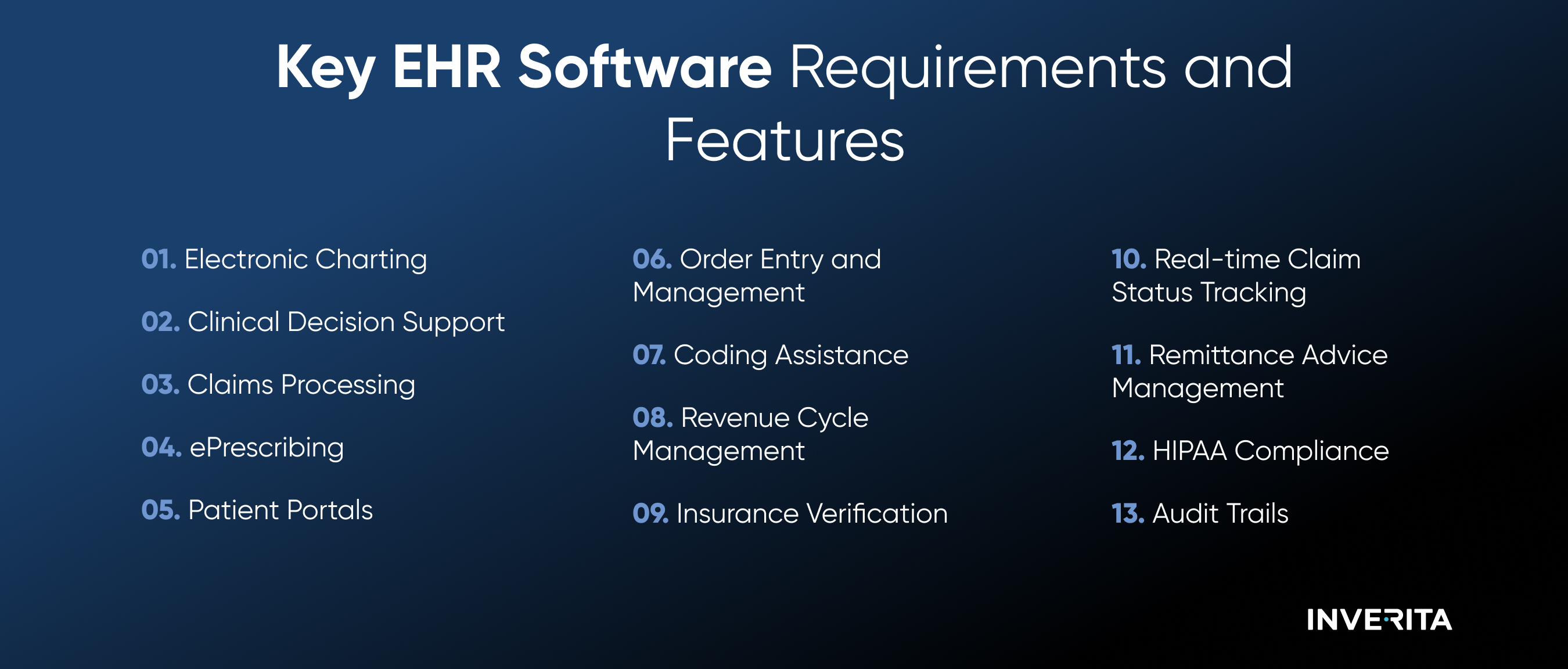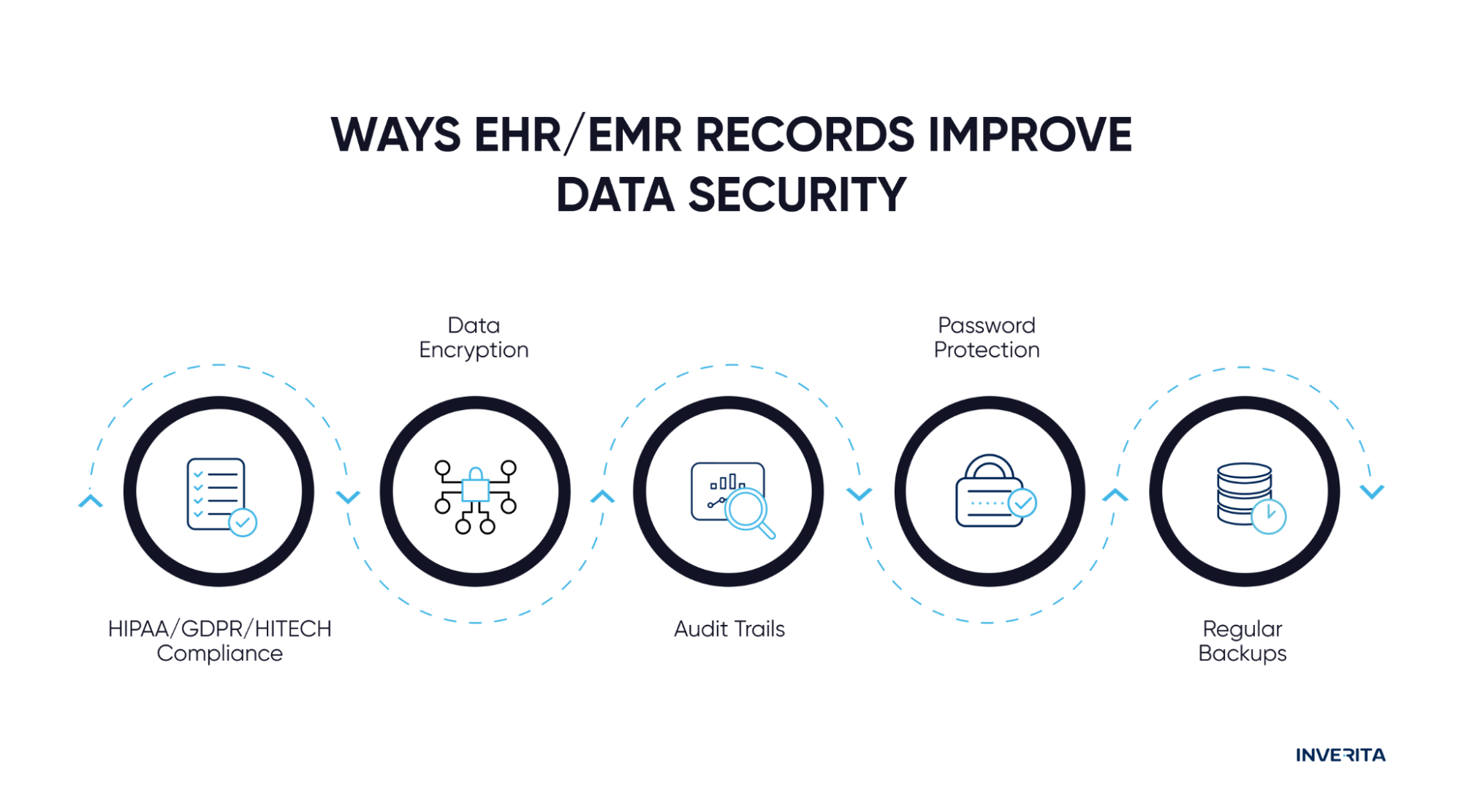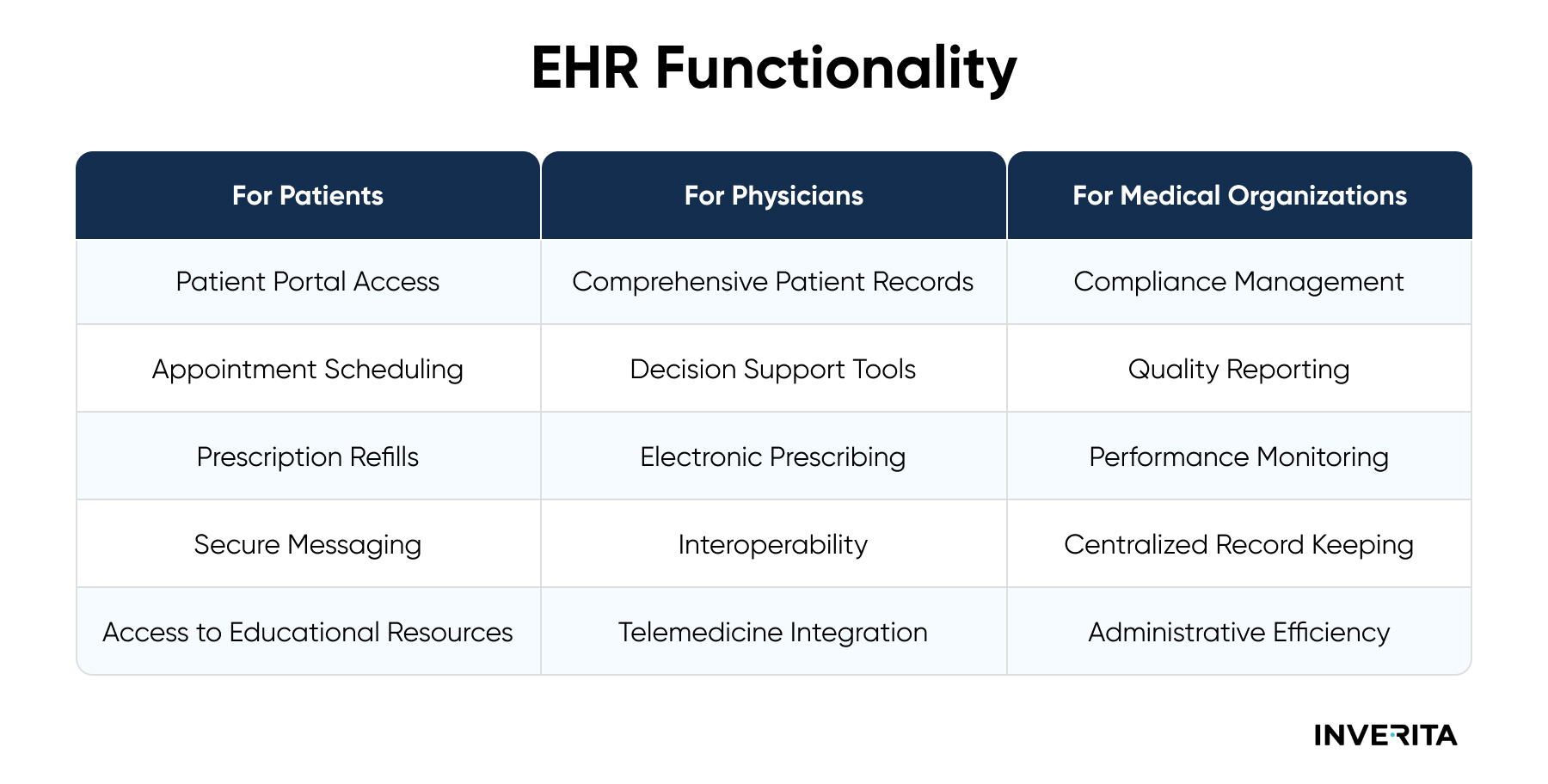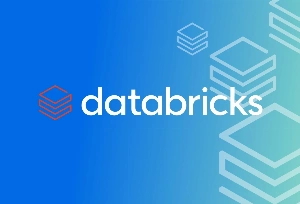# Better Quality of Care
Aside from making practitioner’s lives easier, improved patient care is another of the advantages of electronic health records.
EHRs make critical data available for every doctor in the patient’s network, this way, streamlining the decision-making process.
With all information readily accessible and consistently updated, doctors can implement preventive measures when needed. Should a patient require a vaccine update or an additional cancer screening, the doctor can easily identify these needs in their electronic records and immediately inform the patient about the necessary examination. It goes without saying that this capability can be lifesaving in numerous instances.
Through electronic health records, orders for laboratory tests or medications can be transmitted to the relevant institution in a matter of a few seconds. Patients no longer need to endure waiting in lines or for orders to be manually processed, as soon as their visit to the doctor's office concludes, the laboratory or pharmacy receives an electronic order from the doctor.
Furthermore, this process eliminates the risk of medical errors due to illegible handwriting.
Here are more advantages of electronic health records for quality of patient care:
- Patients can interact with doctors via a secure online portal.
- They have reliable point-of-care information and reminders about critical healthcare interventions.
- All e-prescriptions are delivered to the pharmacy electronically.
- Patients don’t need to fill in the same forms at every point-of-care.
- They have easy access to their own health data 24/7.
# Reduced Healthcare Administration Costs
The cost of implementing EHR systems is frequently a deterrent factor, especially for small practices. Despite the upfront cost of EHR execution is considered to be one of the biggest disadvantages of electronic health records, they turn out to produce significant cost savings over time.
According to the research in the American Journal of Managed Care, medical organizations that use robust EHR systems managed to decrease the treatment cost per patient by 9.6% compared to those without such systems.
It’s easy to understand how it works by looking at the following cost-saving advantages of electronic health records:
- It’s much easier, faster, and more secure to find records via digital search tools.
- Central hubs for health information eliminate duplications in results or records, facilitating coordination between medical providers.
- EHRs reduce medical and medication errors that result in large unnecessary healthcare costs.
- Integrated billing information reduces staffing costs and the possibility of errors.
- Patients can find answers to the majority of their questions in patient portals without the need for in-person appointments.
# Medicare & Medicaid Compensation
Healthcare organizations understand the complexities of reimbursement. While some independent clinicians opt out of accepting insurance due to its complexity, others, particularly those proficient in technology, realize they can increase healthcare compensation by delivering superior quality care at lower costs compared to competitors.
Furthermore, hospitals have the opportunity to optimize revenue from behavioral health services by integrating them with physical healthcare. By leveraging EHR systems, providers can effortlessly capture, analyze, and generate reports illustrating favorable patient outcomes.
Both private and government insurance providers are eager to collaborate with practices demonstrating positive results.
Disadvantages of EHR
In our overview of EHR pros and cons we have already discussed the advantages of these solutions, however, there are some downsides associated with electronic health record systems that business owners should be aware of before starting development.











